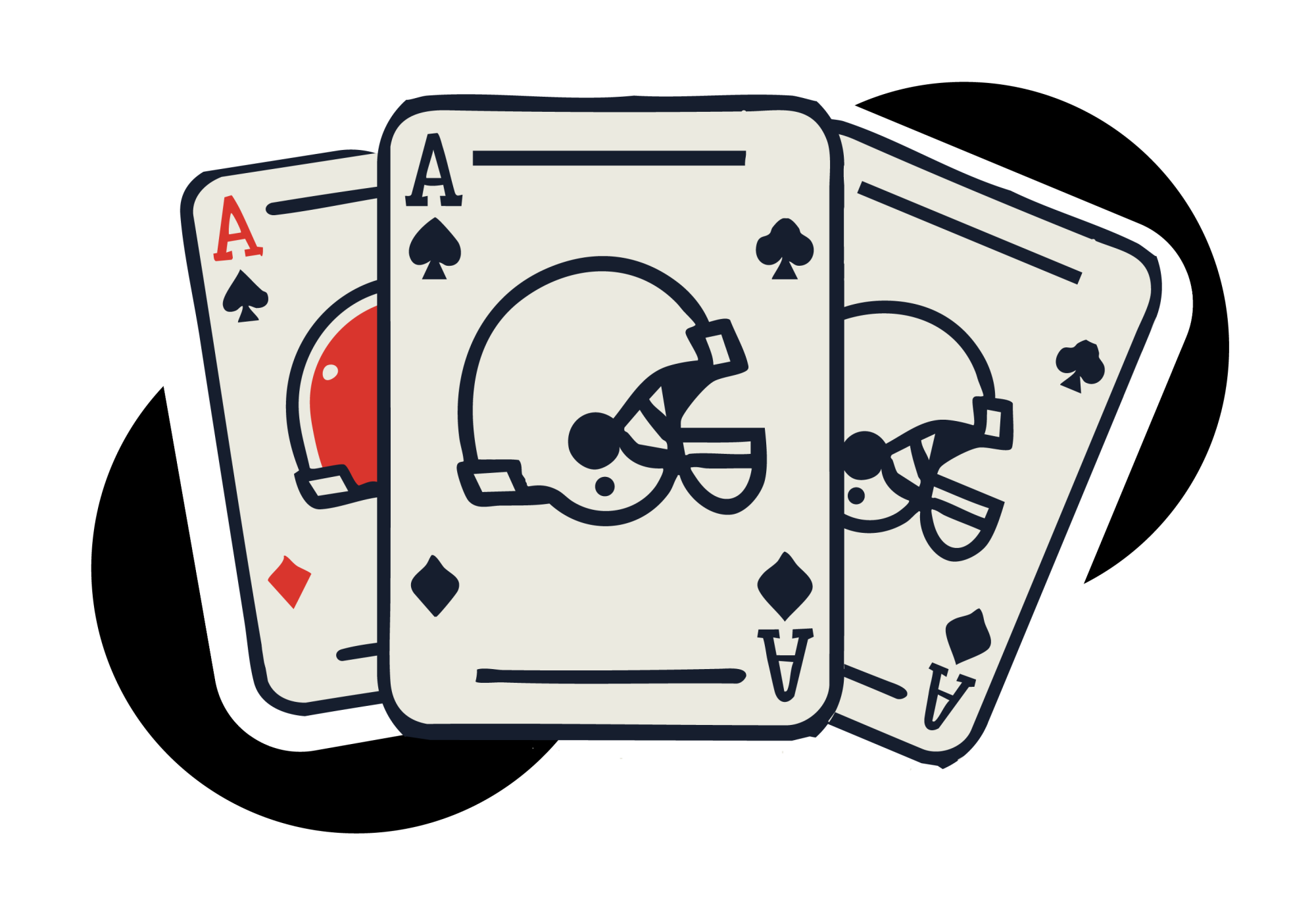In recent years, sports betting has become a very popular activity for sports fans. However, athletes in professional leagues such as the National Hockey League (NHL), National Football League (NFL) and Major League Baseball (MLB) are barred from betting on any sport, regardless if it is not the sport they play.
However, these leagues bring in hefty revenues from betting sites themselves. The aforementioned NHL and MLB run many ads during their broadcasts regarding sports betting. These ads, mostly run by FanDuel and Fanatics Sportsbook, encourage new bettors to try their sites with the chance to win big while playing the odds in their favorite sports.
Despite this, athletes are still given hefty sentences by their respective leagues when it comes to sports betting. The most famous case is Pete Rose. His case came long before the era of betting websites. Another famous case is the “Black Sox” scandal, in which Chicago White Sox players were paid to throw the 1919 World Series.
Just recently, MLB umpire Pat Hoberg, considered by many to be baseball’s best umpire, was fired by commissioner Rob Manfred for betting. While he did not bet on baseball himself, he shared the account with a friend who did bet on baseball.

In 2023, Ottawa Senators forward Shane Pinto was investigated by the league and suspended for sports betting. While he did not bet on any hockey games, he was met with a hefty half-season suspension, which totaled 41 games.
Now, I totally understand why players and umpires are suspended for betting. There is always the possibility of players and umpires throwing games or being biased towards a certain team to win big.
The question has to be asked though: why do leagues still take in millions, if not billions of dollars in revenue if they don’t want players to participate?
Answer: money. It has gone so far that FanDuel now has name ownership on what was once Bally Sports. Bally was the TV Broadcaster for teams such as the Indiana Pacers, St. Louis Cardinals, Minnesota Wild, Los Angeles Angels and Cincinnati Reds. The regional networks are called FanDuel Sports Network.
It would make much more sense to totally distance yourself from sports betting websites and their lucrative revenues in order to better protect players from putting themselves in a position where they could be compromised by betting on their own team for instance.
However, when you partner as much as leagues have with betting companies to the point where your entire broadcasting network is named after those sites, you’re going against everything you tell players to stand for.
There has to be a limit. Alas, money will always prevail in terms of morality and ethics. The double standards that professional sports leagues hold towards betting will continue. Why would leagues give up the admittedly lucrative revenue? In short, they won’t.